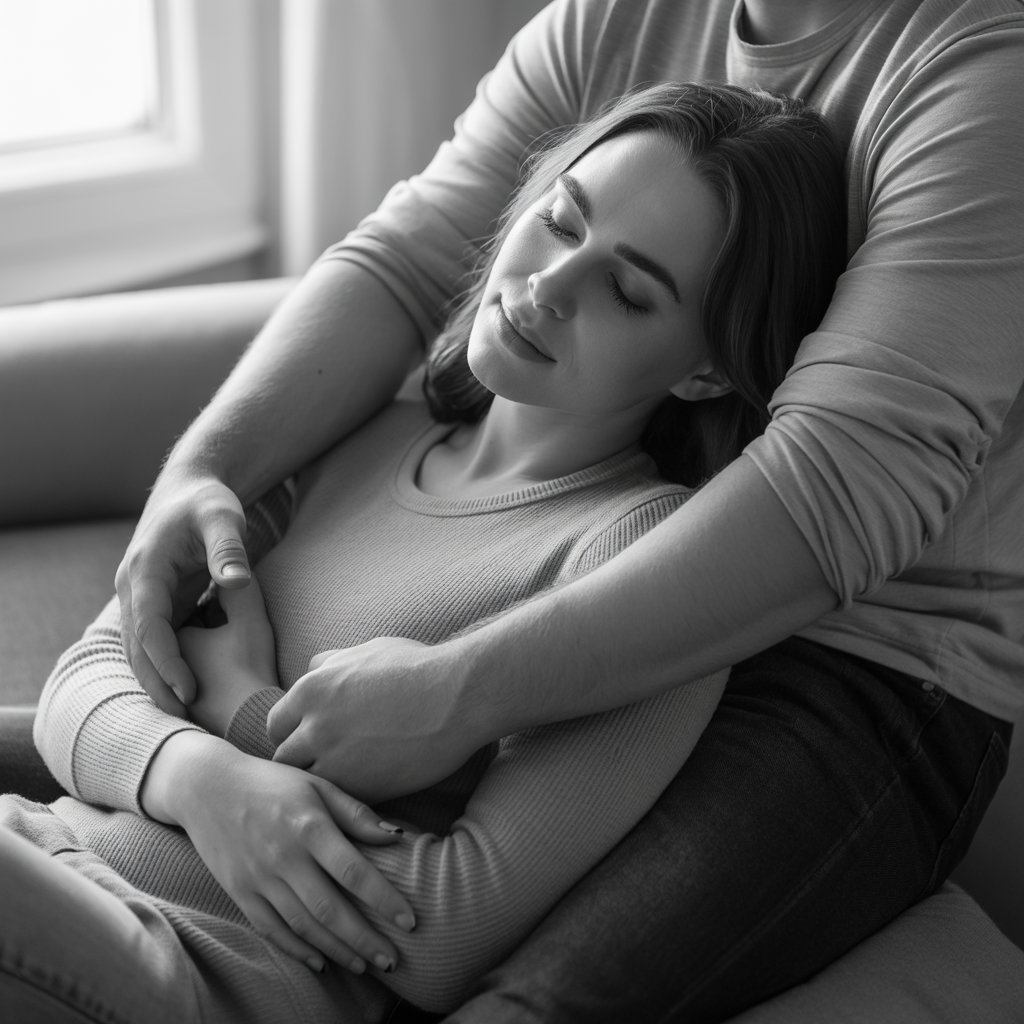💡 Introduction: The Secret Allure of Power Play in Relationships
Have you ever wondered why so many women find dominance and submission thrilling—not just in the bedroom, but emotionally too? The idea of power play in relationships isn’t about control or weakness—it’s about trust, polarity, and primal energy. And for many women, it taps into a psychological and emotional cocktail that fuels desire.
In this post, we’ll dive deep into why the power play in relationships has such a potent effect on female arousal, confidence, and emotional connection. From biological instincts to modern intimacy psychology, you’ll discover what’s really going on behind the curtain—and why so many women lean into this dynamic willingly.
🌪️ Power Play vs. Control: What’s the Real Difference?
Before we go further, let’s get one thing straight: power play in relationships isn’t the same as manipulation or abuse. When done with respect and consent, it’s a mutual exploration of polarity—where one partner leads and the other surrenders, often in deeply fulfilling ways.
In healthy dynamics, the dominant role doesn’t take away power—it holds responsibility. The submissive role isn’t weak—it’s actually rooted in trust and emotional safety. These roles can even switch. What matters is intention and communication.

🔥 The Psychology Behind Power Play in Relationships
1. Trust as the Ultimate Turn-On
At the core of power dynamics lies deep trust. For a woman to fully let go and allow someone to lead—emotionally or physically—she must feel safe. That trust unlocks vulnerability, which, when paired with desire, becomes electrifying.
When she knows her partner sees her, hears her, and values her, giving up control becomes liberating—not terrifying. This emotional safety is what fuels the arousal linked to power play in relationships.
🔗 Harvard study on emotional safety in romantic relationships
2. Feminine Polarity Craves Direction
Biologically and energetically, the feminine thrives on flow, while the masculine thrives on direction. In power play relationships, this dance of opposites creates an intense magnetic pull. The more she feels his clarity, groundedness, and control—the more her body and mind surrender to the moment.
This isn’t about gender roles—it’s about energetic balance. When polarity is strong, attraction flourishes.

👀 Breaking Down the Emotional Drivers of Power Play in Relationships
3. Desire to Feel “Chosen” and Seen
Power play often places the woman at the center of attention. She’s desired, pursued, and prioritized—which lights up her emotional and sexual confidence. For many, being “taken” (with consent) taps into a powerful need to be fully seen and desired without having to chase or perform.
It’s not about being passive—it’s about being fully claimed, emotionally and erotically.
🔗 Psychologist Esther Perel frequently discusses this in her work on erotic desire in long-term relationships. Explore her TED Talk here.
4. Letting Go of the Mental Load
Women often carry immense emotional and mental burdens in their daily lives. The pressure to plan, decide, and manage everything can be exhausting. Power play offers a break from that. It’s not submission out of weakness—it’s rest from over-responsibility.
By letting go, she reconnects with presence, pleasure, and softness—things that often get lost in high-achieving, hyper-independent lifestyles.

💥 When Power Play Becomes a Gateway to Deeper Intimacy
5. Erotic Exploration as Emotional Healing
In some cases, power play in relationships helps women process emotional wounds or reclaim agency over past traumas. Through safe, consensual dynamics, she controls the narrative of surrender—rewriting old stories with empowered vulnerability.
That said, this isn’t therapy—but it can be therapeutic when paired with deep communication, aftercare, and mutual respect.
Consent: The Cornerstone of Healthy Power Dynamics
Let’s be crystal clear: none of this works without explicit consent. Every power dynamic must be clearly negotiated, with ongoing check-ins, safe words, and post-play care. Done right, power play fosters more intimacy—not less.
🔗 Learn more from The Gottman Institute about boundaries and trust in healthy relationships.

📊 Summary Table: Why Power Play Works for Many Women
| Reason | Emotional Effect | Erotic Impact |
|---|---|---|
| Deep trust | Safety and vulnerability | Heightened surrender |
| Polarity | Masculine-feminine balance | Magnetic sexual tension |
| Feeling desired | Boosts self-worth | Increases arousal |
| Mental load relief | Emotional rest | Enhanced presence in the moment |
| Erotic healing | Agency over vulnerability | Deepened emotional release |
🧠 Final Thoughts: The Power of Surrender with Intention
Understanding the power play in relationships doesn’t mean accepting imbalance or toxic control. It means recognizing how trust, polarity, and intention can co-create intimacy on a whole new level. Women who explore these dynamics safely often report more connection, more turn-on, and more self-awareness.
If you’re curious, start with conversations—not assumptions. Power play isn’t a kink—it’s a language. And when spoken fluently, it brings deep emotional fulfillment.
💬 Call to Action: What’s Your Take on Power Dynamics?
Have you ever experienced or been curious about power play in your relationship? Share your story, ask questions, or check out our related posts on intimacy and communication.
👉 Subscribe to our newsletter for more deep dives into relationship psychology.
👉 Read next: How Emotional Safety Fuels Erotic Intimacy



Pingback: Why So Many Older Men Die Alone—And It’s Not What You Think -
Pingback: Women Over 45 in the Bedroom: Breaking Myths & Finding Desire -
Pingback: How Sexual Repression Is Killing American Dating -
Pingback: Survived Sex Trafficking: A Journey of Resilience and Hope -